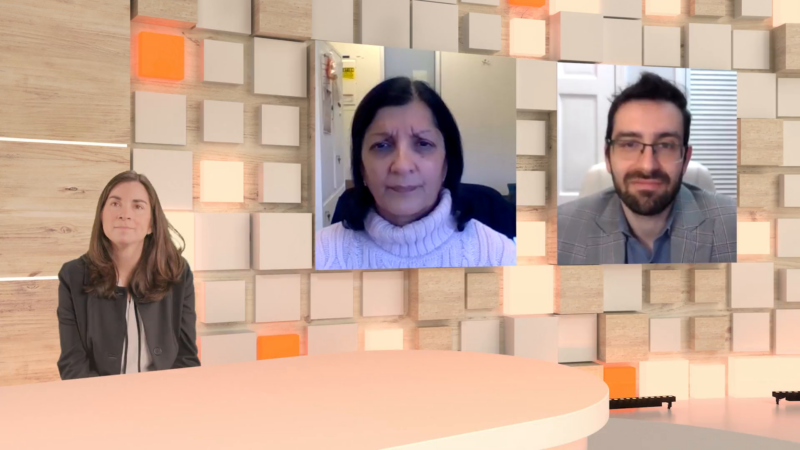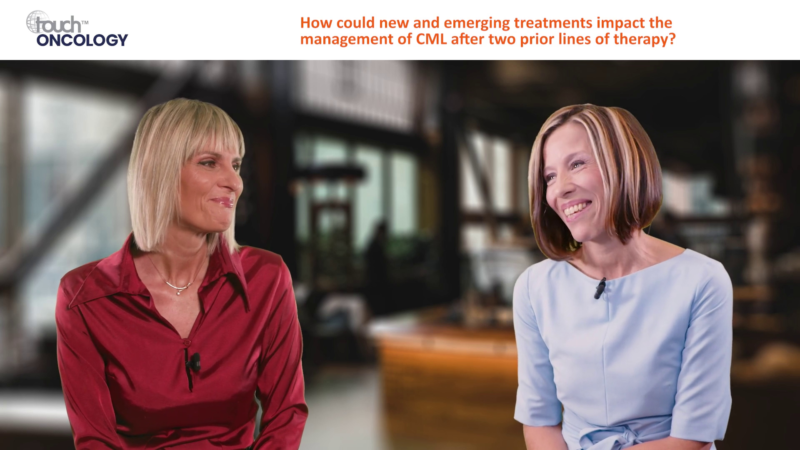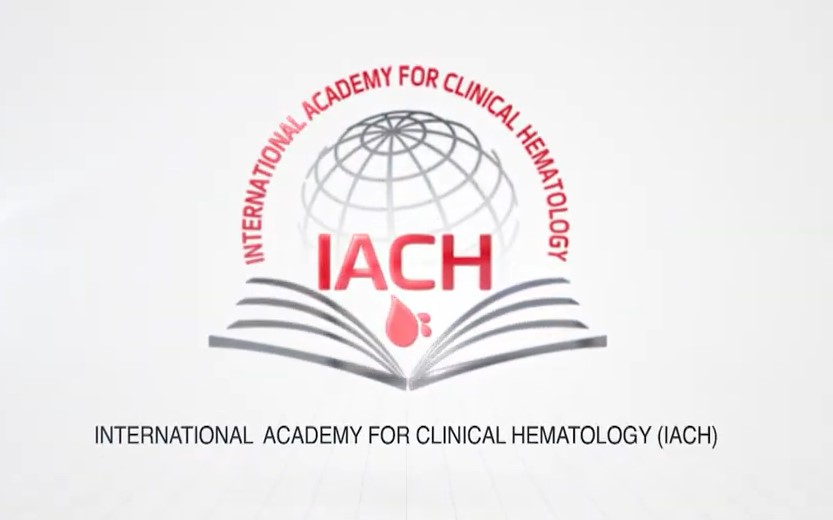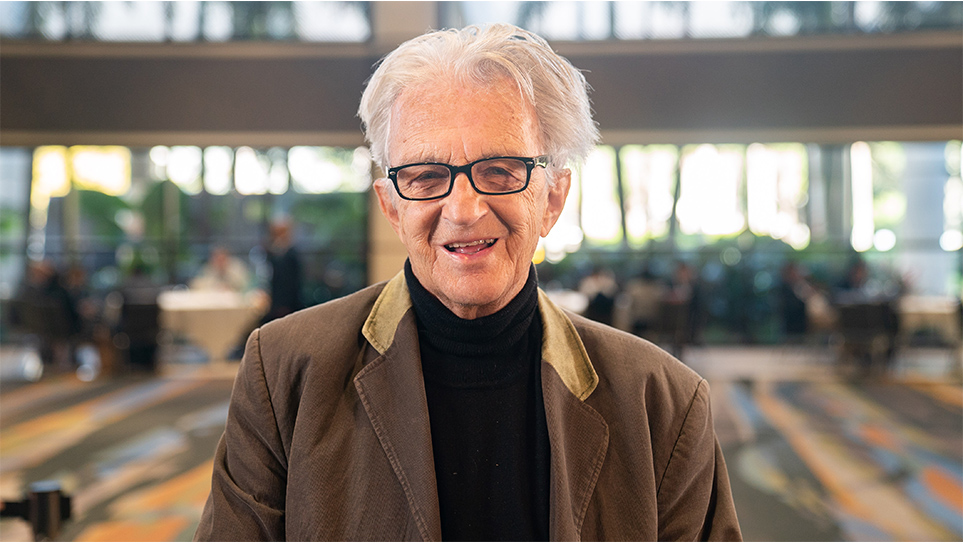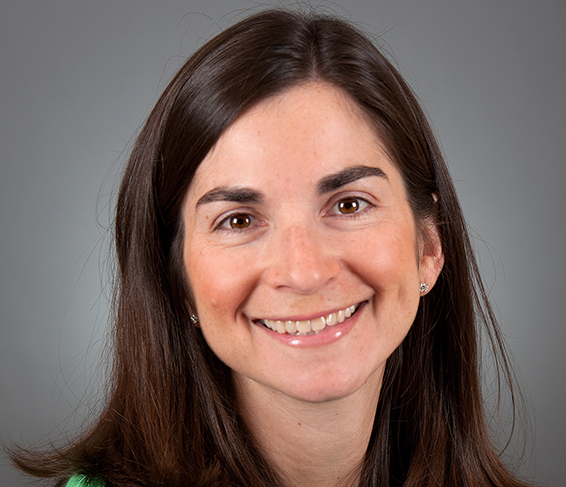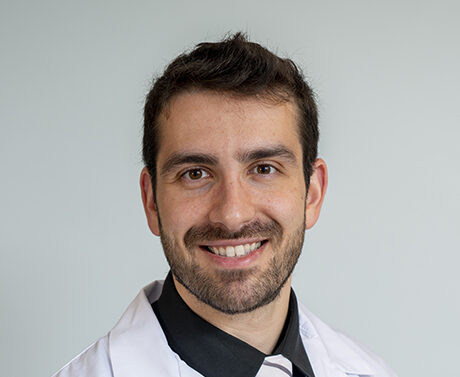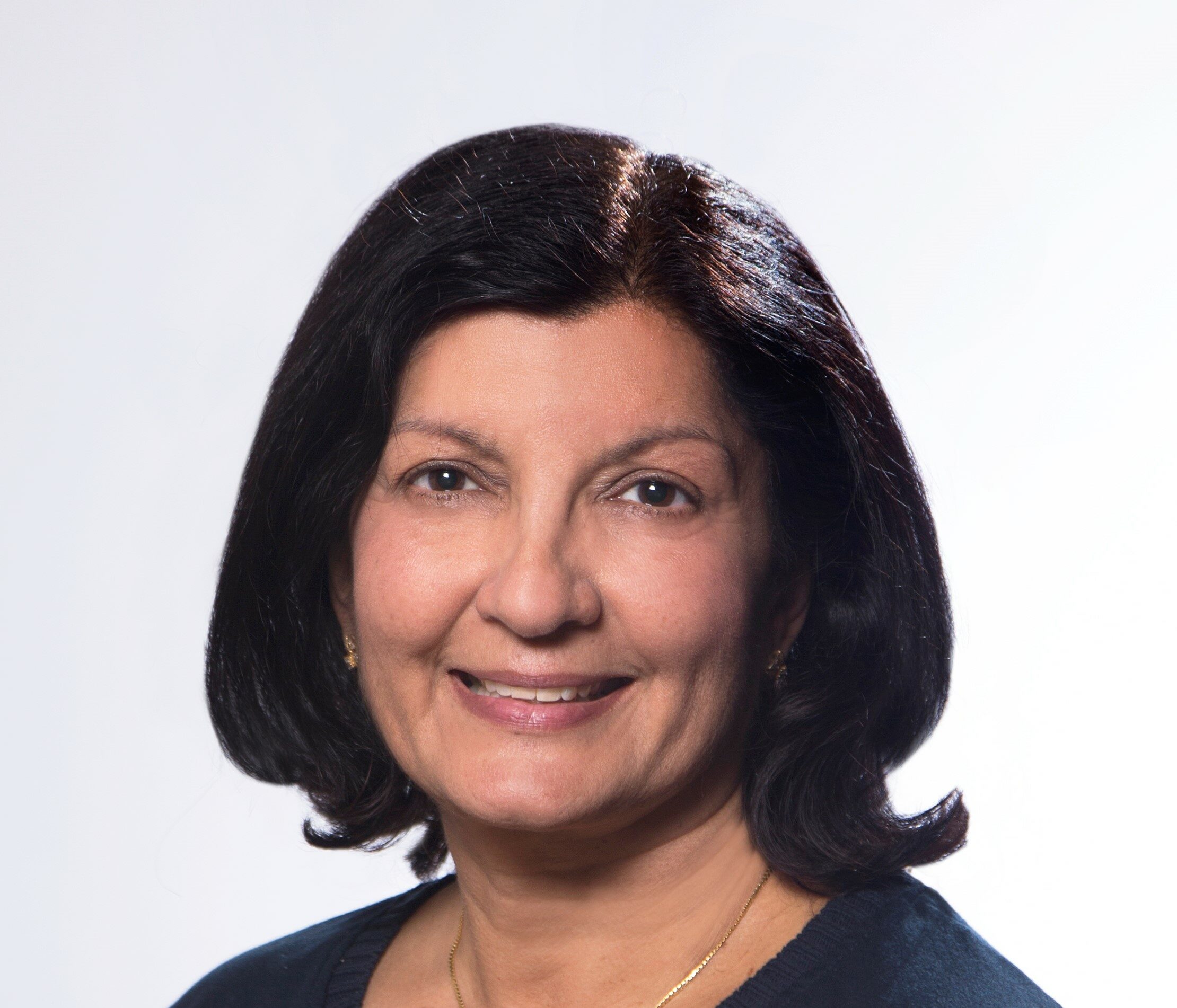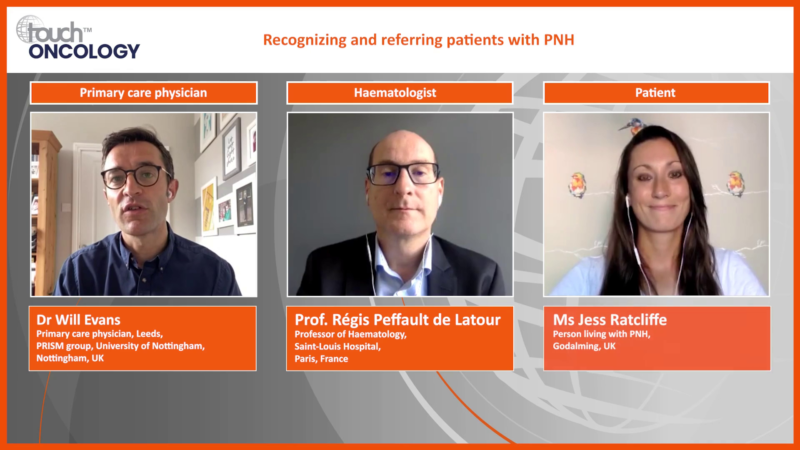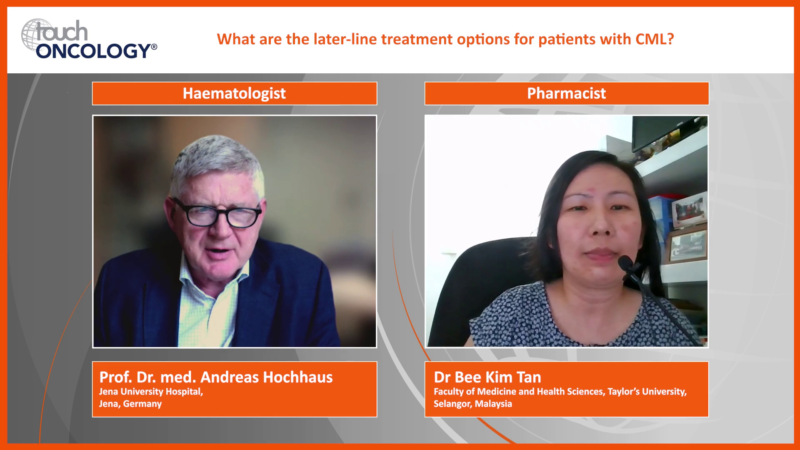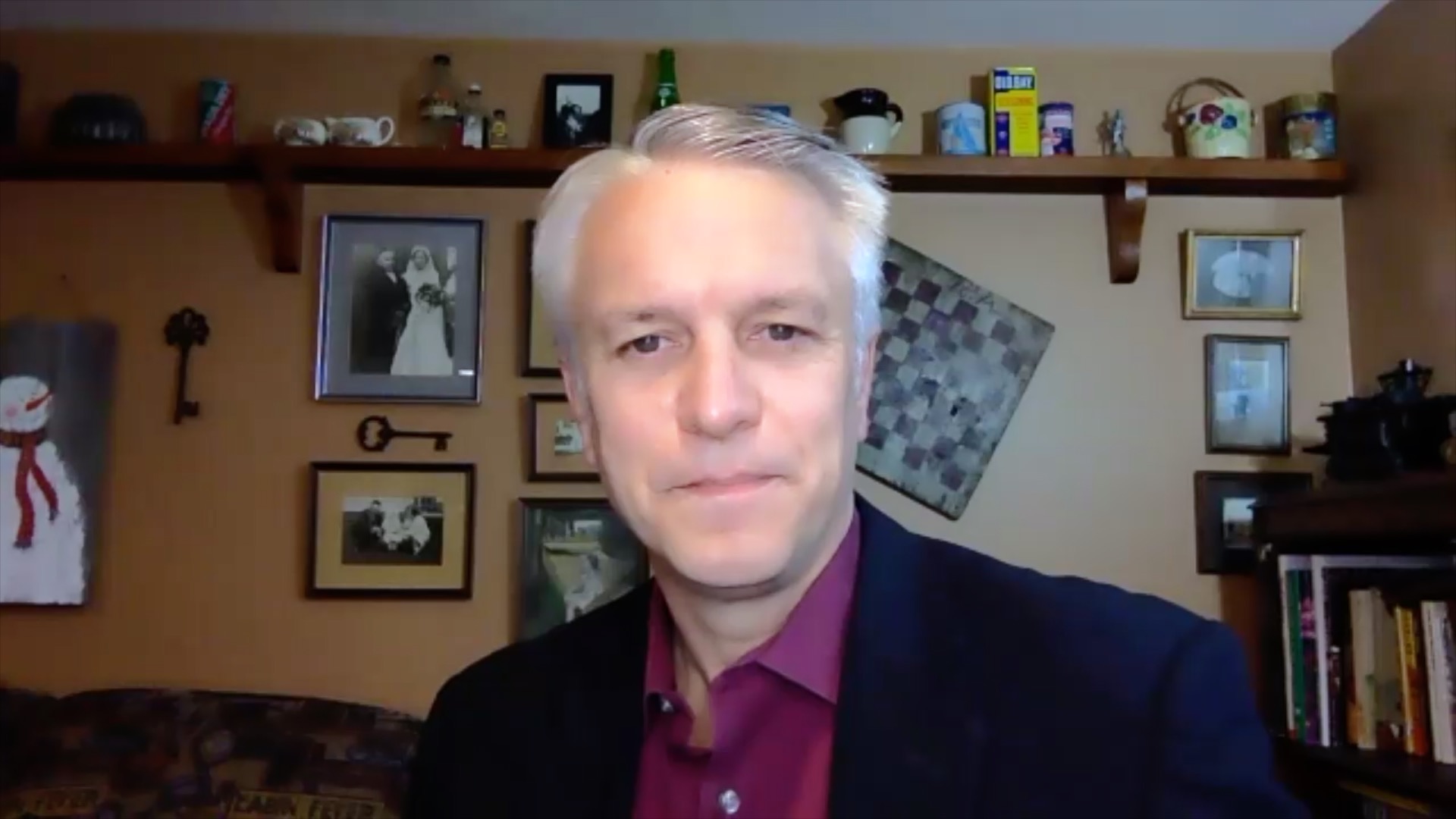touchPANEL DISCUSSION
 A visually engaging discussion designed to emulate a ‘live’ panel experience and provide clinicians with practical expert insights to address their clinical challenges. Useful tips below will show how to navigate the activity.
Close
A visually engaging discussion designed to emulate a ‘live’ panel experience and provide clinicians with practical expert insights to address their clinical challenges. Useful tips below will show how to navigate the activity.
Close
 A visually engaging discussion designed to emulate a ‘live’ panel experience and provide clinicians with practical expert insights to address their clinical challenges. Useful tips below will show how to navigate the activity.
Close
A visually engaging discussion designed to emulate a ‘live’ panel experience and provide clinicians with practical expert insights to address their clinical challenges. Useful tips below will show how to navigate the activity.
Close
Navigating pyruvate kinase deficiency today: How can the disease burden and unmet treatment needs be addressed?
- Downloads including slides are available for this activity in the Toolkit
Learning Objectives
After watching this activity, participants should be better able to:
- Recognize the signs and symptoms of PK deficiency and the burden of disease in affected patients
- Evaluate established therapeutic strategies for PK deficiency and identify remaining unmet treatment needs
- Describe novel and emerging therapeutic strategies for PK deficiency and how they may address current unmet needs
Overview
In this activity, three experts provide their perspectives on the clinical presentation and burden of disease in patients with pyruvate kinase (PK) deficiency, current treatment strategies and the remaining unmet treatment needs, and future approaches to managing the disease. The discussion is guided by pre-canvassed questions provided by healthcare professionals involved in the management of patients with PK deficiency.
This activity is jointly provided by USF Health and touchIME. read more
Target Audience
This activity has been designed to meet the educational needs of haematologists (including haemato-oncologists), paediatric haematologists, haematology nurse specialists and nurse practitioners, neonatologists, physician assistants and primary care physicians involved in the management of patients with PK deficiency.
Disclosures
USF Health adheres to the Standards for Integrity and Independence in Accredited Continuing Education. All individuals in a position to influence content have disclosed to USF Health any financial relationship with an ineligible organization. USF Health has reviewed and mitigated all relevant financial relationships related to the content of the activity. The relevant relationships are listed below. All individuals not listed have no relevant financial relationships.
Faculty
Dr Rachael Grace discloses: Consulting fees from Agios and Sanofi. Grants/research support from Agios, Novartis and Sobi.
Dr Hanny Al-Samkari discloses: Consulting fees from Agios, argenx, Forma Therapeutics, Moderna, Novartis, Rigel and Sobi. Grants/research support from Agios, Amgen, Sobi and Vaderis Therapeutics.
Dr Ami J Shah discloses: Advisory board/panel fees from Bluebird Bio and Vertex (relationship terminated).
Content reviewer
Amy Patterson MSN, APRN, AOCNS®, BMTCN discloses: Speakers Bureau fees from Gilead and Kite (relationship terminated).
Touch Medical Directors
Sola Neunie has no financial interests/relationships or affiliations in relation to this activity.
USF Health Office of Continuing Professional Development and touchIME staff have no financial interests/relationships or affiliations in relation to this activity.
Requirements for Successful Completion
In order to receive credit for this activity, participants must review the content and complete the post-test and evaluation form. Statements of credit are awarded upon successful completion of the post-test and evaluation form.
If you have questions regarding credit please contact cpdsupport@usf.edu.
Accreditations
Physicians
This activity has been planned and implemented in accordance with the accreditation requirements and policies of the Accreditation Council for Continuing Medical Education (ACCME) through a joint providership of USF Health and touchIME. USF Health is accredited by the ACCME to provide continuing medical education for physicians.
USF Health designates this enduring material for a maximum of 0.75 AMA PRA Category 1 CreditTM. Physicians should claim only the credit commensurate with the extent of their participation in the activity.
The European Union of Medical Specialists (UEMS) – European Accreditation Council for Continuing Medical Education (EACCME) has an agreement of mutual recognition of continuing medical education (CME) credit with the American Medical Association (AMA). European physicians interested in converting AMA PRA Category 1 CreditTM into European CME credit (ECMEC) should contact the UEMS (www.uems.eu).
Advanced Practice Providers
Physician Assistants may claim a maximum of 0.75 Category 1 credits for completing this activity. NCCPA accepts AMA PRA Category 1 CreditTM from organizations accredited by ACCME or a recognized state medical society.
The AANPCP accepts certificates of participation for educational activities approved for AMA PRA Category 1 CreditTM by ACCME-accredited providers. APRNs who participate will receive a certificate of completion commensurate with the extent of their participation.
Date of original release: 27 March 2023. Date credits expire: 27 March 2024.
If you have any questions regarding credit please contact cpdsupport@usf.edu.
To obtain the CE/CME credit(s) from this activity, please complete this post-activity test.
Claim Credit- Downloads including slides are available for this activity in the Toolkit
You may also be interested in...

REGISTER NOW FOR FREE ACCESS TO
- 1000+ topical and insightful peer-reviewed journal articles
- 100+ hours of bite-sized congress highlights
- 8 major therapy areas packed with the latest scientific advances
- 150+ specialties offering learn-on-the-go medical education
- + Concise email updates and newsletters so you never miss out








